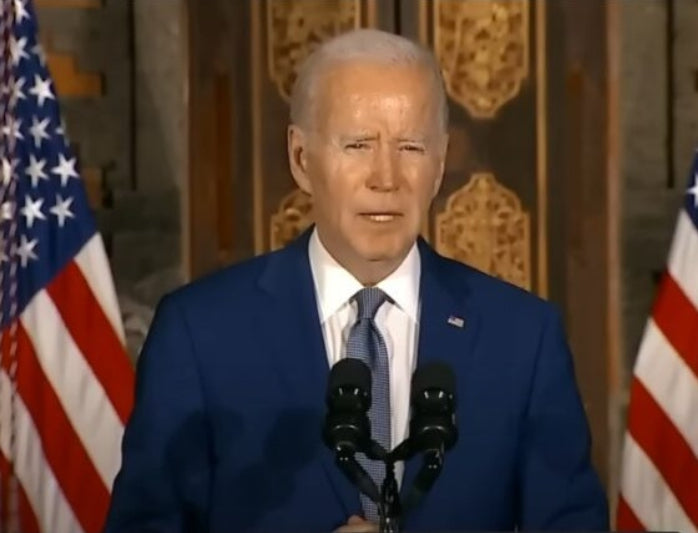To bolster its commitment to hemp, the USDA is renaming one of its trade advisory committees to feature the crop prominently among other key crops.

The hemp plant has undergone quite a makeover in the past five years. Prior to 2018, hemp was still a Schedule 1 narcotic on the Controlled Substances List along with its sister plant, cannabis, heroin and meth. However, with the passage of the 2018 Farm Bill, hemp was officially removed from the dreaded Schedule 1 and reintroduced as a legal crop for cultivation by American farmers.
The descheduling also allowed for hemp derivatives like CBD to be manufactured and sold legally to consumers in states where it was still illegal to buy and consume recreational cannabis products. Moreover, USDA has spent the past five years working diligently to support hemp businesses and normalize the crop as part of its reintroduction process.
As part of that commitment, it is renaming one of its six Agricultural Technical Advisory Committees (ATACs) to reflect the growing importance of hemp to the Department and the thousands of farmers, manufacturers, retailers and consumers in the fast-growing hemp sector.
According to numerous media outlets, while USDA has already added one hemp industry representative to the body, the committee will now be renamed to the ATAC for Trade in Tobacco, Cotton, Peanuts and Hemp.
Patrick Atagi, President and CEO of the National Industrial Hemp Council (NIHC), was the lone industry representative appointed to the committee in 2021. In an interview following the name change announcement, Atagi said the renaming is a “huge recognition” by federal officials “to recognize hemp as an agricultural and trade commodity and product, emphasizing the move of making hemp a mainstream commodity.”
He also said, “It’s just a historic move. Hemp is now in the nomenclature at the U.S. Department of Agriculture and the U.S. Trade Representative’s Office.”
"It’s just a historic move. Hemp is now in the nomenclature at the U.S. Department of Agriculture and the U.S. Trade Representative’s Office.”
- Patrick Atagi, President and CEO of the National Industrial Hemp Council
According to the official notice of the name change published in the Federal Register on Thursday, the purpose of the committees, which are jointly appointed by USDA and the U.S. Trade Representative (USTR), is to “provide detailed policy and technical advice, information, and recommendations regarding trade barriers, negotiation of trade agreements, and implementation of existing trade agreements affecting food and agricultural products, including the performance of other advisory functions relevant to U.S. agricultural trade policy matters.”
The USDA is currently soliciting nominations for members in each of the six ATACs and its Agricultural Policy Advisory Committee (APAC). These changes are taking place as congressional leaders begin to debate the 2023 Farm Bill, which hemp advocates and stakeholders hope will address some of the pressing issues facing the still young and developing market sector, especially policies that could ease restrictions on farmers and manufacturers.
One of the significant obstacles causing the crop’s value to drop drastically last year, in the eyes of many industry watchers, was the lack of action on the part of the U.S. Food and Drug Administration to enact regulations on lucrative hemp derivatives like CBD oil.
The FDA insists that Congress must do more in passing legislation to clarify the legality of hemp-based products before it can create a regulatory framework to manage the safety of those offerings. In the meantime, the overall hemp market is stuck in limbo, awaiting some guidance from Washington.
However, there are members of Congress working diligently with hemp advocates to create the kind of legislation requested by the FDA, including a bipartisan bill from Reps. Morgan Griffith (R-VA) and Angie Craig (D-MN) that would provide a regulatory pathway for hemp derivatives like CBD.
The action on the part of the USDA to elevate hemp’s profile both in name and action is an encouraging sign for many worried hemp stakeholders seeking a measure of relief and support from whomever and wherever they can. Hopefully, with an actual seat at the table for many important meetings and hearings helping to shape the future of America’s agricultural future, leaders like Atagi and others can have real influence over the policies affecting the growth and expansion of the hemp industry.




























